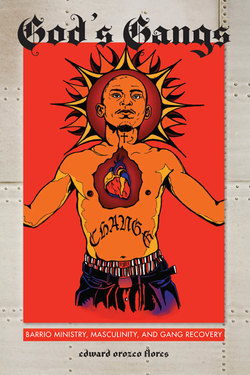Описание книги
Winner, 2014 Distinguished Contribution to Research Award presented by the Latina/o Sociology Section of the American Sociological Association Los Angeles is the epicenter of the American gang problem. Rituals and customs from Los Angeles’ eastside gangs, including hand signals, graffiti, and clothing styles, have spread to small towns and big cities alike. Many see the problem with gangs as related to urban marginality—for a Latino immigrant population struggling with poverty and social integration, gangs offer a close-knit community. Yet, as Edward Orozco Flores argues in God’s Gangs, gang members can be successfully redirected out of gangs through efforts that change the context in which they find themselves, as well as their notions of what it means to be a man. Flores here illuminates how Latino men recover from gang life through involvement in urban, faith-based organizations. Drawing on participant observation and interviews with Homeboy Industries, a Jesuit-founded non-profit that is one of the largest gang intervention programs in the country, and with Victory Outreach, a Pentecostal ministry with over 600 chapters, Flores demonstrates that organizations such as these facilitate recovery from gang life by enabling gang members to reinvent themselves as family men and as members of their community. The book offers a window into the process of redefining masculinity. As Flores convincingly shows, gang members are not trapped in a cycle of poverty and marginality. With the help of urban ministries, such men construct a reformed barrio masculinity to distance themselves from gang life.
